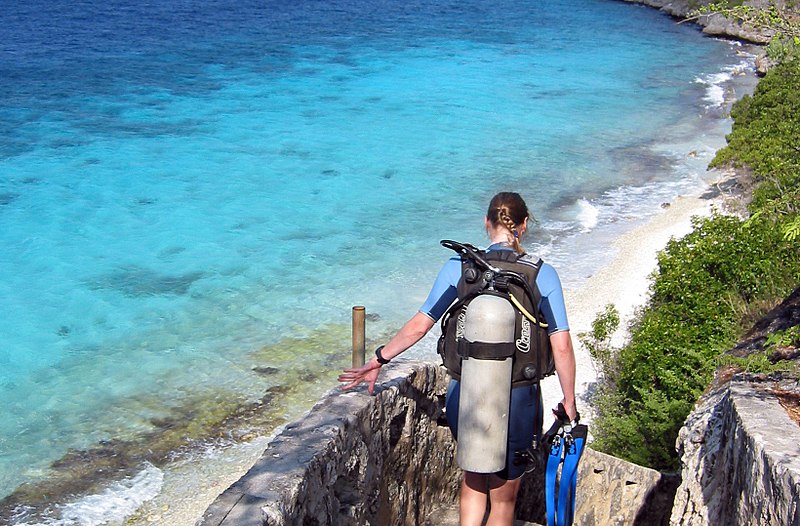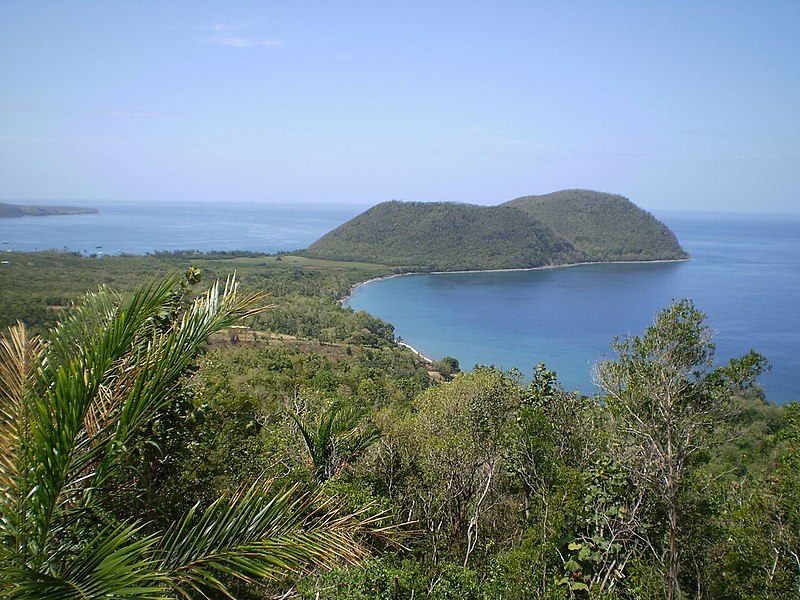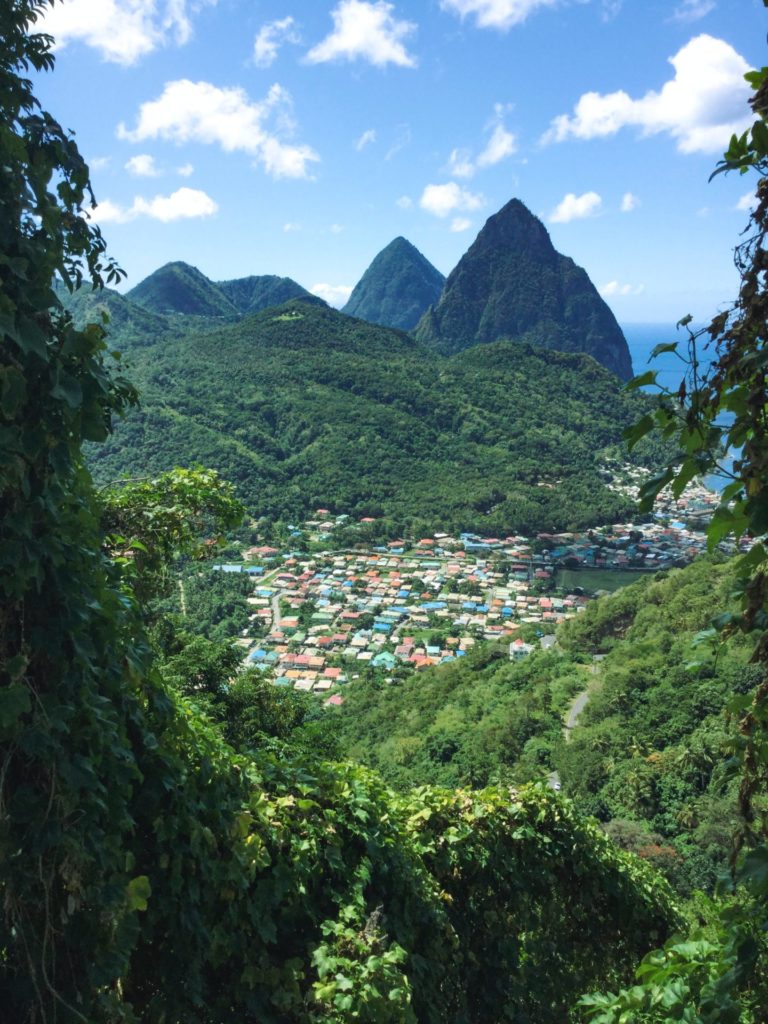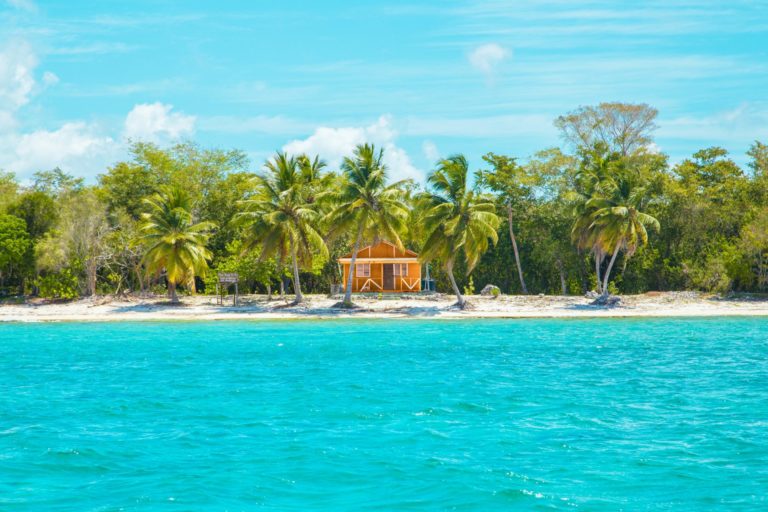Ecotourism is a rapidly growing trend in the travel industry, as more and more people seek to minimize their carbon footprint and support sustainable practices in the places they visit. The Caribbean, with its stunning natural beauty and diverse ecosystems, is an ideal region for ecotourism. This article will explore five of the best ecotourism destinations in the Caribbean for 2023, highlighting their unique offerings and commitment to sustainable practices. Additionally, this article will provide insights on what to consider when choosing an ecotourism destination. So pack your bags and get ready for an unforgettable, eco-friendly adventure in the Caribbean!
Bonaire
Bonaire is a small Dutch island situated just off the coast of Venezuela, known for its pristine coral reefs and exceptional marine life. It is one of the most remarkable ecotourism destinations in the Caribbean, as the island has been a leader in sustainable practices for decades.
Bonaire’s commitment to protecting its natural resources is evident in its numerous marine parks and wildlife sanctuaries. The island’s primary attraction is the Bonaire National Marine Park, which encompasses the entire coastline and is home to over 57 species of coral and more than 350 species of fish. Visitors can explore the park’s underwater wonders through snorkeling, scuba diving, and even kayaking or paddleboarding.

On land, Bonaire’s Washington Slagbaai National Park offers an equally impressive range of biodiversity. The park is home to a variety of bird species, including the island’s iconic flamingos, as well as iguanas and other native wildlife. In addition to wildlife viewing, visitors can enjoy hiking and birdwatching, or explore the park’s beautiful beaches and dramatic landscapes.
Dominica
Dominica, also known as “The Nature Island,” is another outstanding Caribbean ecotourism destination. The island’s lush rainforests, towering waterfalls, and volcanic landscapes provide a stunning backdrop for a wide array of eco-adventures.
One of Dominica’s most popular attractions is Morne Trois Pitons National Park, a UNESCO World Heritage Site that encompasses over 17,000 acres of unspoiled wilderness. The park is home to the world’s second-largest boiling lake, as well as numerous waterfalls, hot springs, and volcanic features. Guided hikes through the park allow visitors to learn about the island’s unique geology and ecology while taking in breathtaking views.
Dominica is also renowned for its efforts to protect marine life, with several marine reserves and sanctuaries established around the island. The Soufriere-Scotts Head Marine Reserve is a popular spot for snorkeling and scuba diving, with vibrant coral reefs and an abundance of marine life, including sea turtles and dolphins.

Saint Lucia
Saint Lucia is another gem among the best ecotourism destinations in the Caribbean, offering a diverse array of eco-friendly activities and attractions. This small island is known for its stunning natural beauty, with the iconic Piton Mountains, lush rainforests, and pristine beaches.
The island’s main ecotourism attraction is the Edmund Forest Reserve, a protected area that covers nearly 4,000 acres of lush rainforest. The reserve offers a range of guided hikes and birdwatching tours, allowing visitors to immerse themselves in the island’s unique flora and fauna. Some of the wildlife species found in the reserve include the Saint Lucia parrot, the whiptail lizard, and the elusive agouti.

In addition to its rainforests, Saint Lucia is also home to several protected marine areas, such as the Soufriere Marine Management Area. This reserve encompasses coral reefs, seagrass beds, and mangroves, providing a habitat for a diverse array of marine life. Snorkeling and scuba diving in the area offer the opportunity to encounter sea turtles, colorful fish, and even whale sharks during their migration season.
Trinidad and Tobago
This twin-island nation is another top choice for Caribbean ecotourism enthusiasts, as it boasts a diverse range of ecosystems, from lush rainforests to vibrant coral reefs. Trinidad and Tobago’s commitment to conservation and sustainable tourism practices make it an ideal destination for eco-conscious travelers.
Trinidad’s Asa Wright Nature Centre is one of the Caribbean’s premier birdwatching destinations, with over 400 species of birds found within its 1,500-acre reserve. The center offers guided tours and nature walks, as well as accommodations for visitors who wish to fully immerse themselves in the island’s natural beauty.

Tobago’s Main Ridge Forest Reserve, the oldest protected rainforest in the Western Hemisphere, is another must-visit attraction for nature lovers. The reserve is home to a wide array of wildlife, including the island’s endemic white-tailed sabrewing hummingbird and the elusive ocelot. Visitors can explore the reserve through guided hikes or birdwatching tours.
Barbados
Barbados, known for its stunning beaches and vibrant culture, is also a fantastic destination for Caribbean ethical tourism. The island’s commitment to protecting its natural resources and promoting sustainable practices is evident in its numerous eco-friendly attractions and activities.
The Barbados Wildlife Reserve offers visitors the chance to observe the island’s native flora and fauna in a natural setting. The reserve is home to a variety of species, including green monkeys, giant tortoises, and numerous birds. In addition, the reserve emphasizes conservation education, offering guided tours that provide insights into the island’s ecosystems and wildlife.

Barbados is also home to several marine protected areas, such as the Carlisle Bay Marine Park. This park is a popular spot for snorkeling and scuba diving, with numerous shipwrecks and vibrant coral reefs to explore. The park is also home to a diverse array of marine life, including sea turtles, rays, and tropical fish.
Things to Consider When Choosing an Ecotourism Destination
When selecting the perfect Caribbean sustainable tourism destination, there are several factors to consider. First and foremost, research the destination’s commitment to conservation and sustainable practices. This can include the presence of protected areas, responsible tourism policies, and eco-friendly accommodations and activities.
Additionally, consider the types of eco-friendly activities and attractions that interest you most, whether it be hiking through lush rainforests, snorkeling vibrant coral reefs, or observing native wildlife in their natural habitat. Each destination offers a unique array of experiences, so choose one that aligns with your interests and preferences.
Lastly, remember that responsible tourism is not only about the destination but also about your actions as a traveler. Be mindful of your impact on the environment and local communities, and strive to support local businesses and initiatives that promote sustainability.
Conclusion
The Caribbean offers an incredible range of ecotourism destinations for those seeking to explore the region’s natural beauty while supporting sustainable practices. From the pristine coral reefs of Bonaire to the lush rainforests of Dominica, these five destinations showcase the best of Caribbean eco-tourism. By considering factors such as conservation efforts, eco-friendly activities, and personal interests, travelers can ensure an unforgettable and responsible Caribbean adventure.

